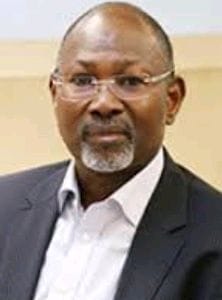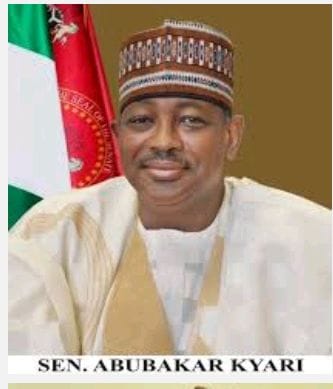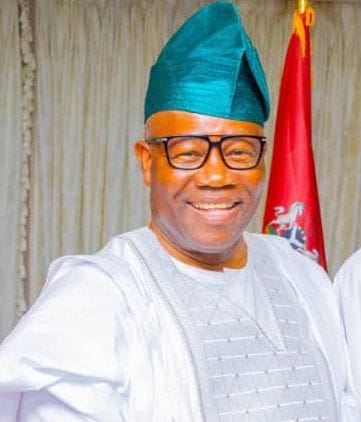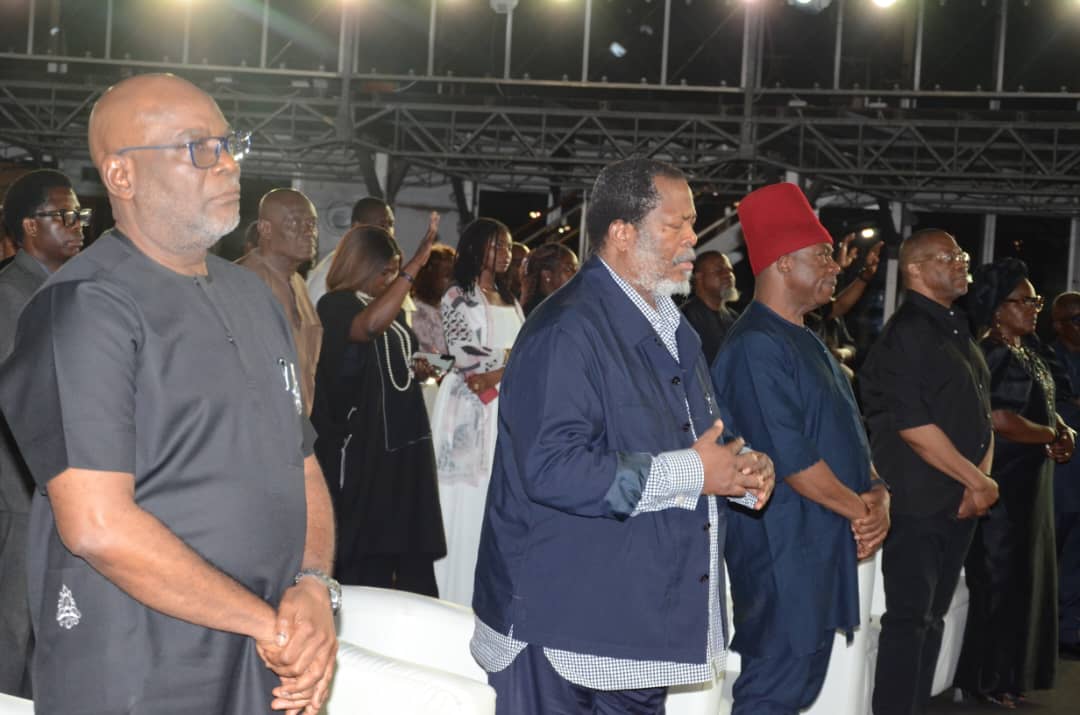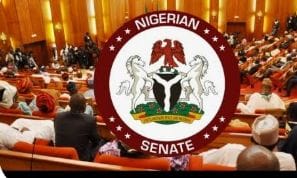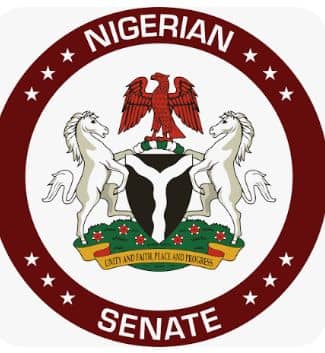…As NILDS Advocates Greater Investment in Education, Commends Legislative Support for National Development …Akpabio, Abbas, Sulaiman Harp on Capacity Building, Democratic Governance at 9th NILDS-UNIBEN […]
Author: TIAM A.
Minister Says FG Planning to Cut Farm Input Costs, Build Community Silos to Sustain Food Price Drop
…Says fertiliser, irrigation, fuel costs under review …Unveils plan for rural storage to curb post-harvest losses The Minister of Agriculture and Food Security, Senator […]
Natasha Launches Nigeria’s First Constituency Electric Vehicle Empowerment Scheme
In what is being hailed as a bold and visionary stride toward sustainable development and grassroots empowerment, Senator Natasha Akpoti-Uduaghan has launched Nigeria’s first constituency-based […]
Tinubu Overhauls Military Command, Appoints New Service Chiefs in Sweeping Security Shake-up
In a decisive move to strengthen Nigeria’s security architecture amid persistent internal and regional threats, President Bola Ahmed Tinubu has overhauled the nation’s military leadership, […]
Senate Doubles Basic Health Fund to Boost Primary Healthcare Nationwide
…Lawmakers Approve Amendment to Raise Annual Allocation from 1% to 2% of Revenue Fund In a landmark move to strengthen Nigeria’s healthcare system, the Senate […]
A Night of Tears and Light: Remembering Somtochukwu Christelle Maduagwu
The candlelight flickered against the dark October sky at Thisday Dome in Abuja. Faces half-lit by the soft glow stared silently toward a giant screen […]
Tinubu Grants Historic Clemency to 175 Convicts, Posthumously Pardons Saro-Wiwa, Vatsa, Macaulay
In a landmark exercise of presidential mercy that blends justice with reconciliation, President Bola Ahmed Tinubu on Thursday granted pardons, clemency, and sentence commutations to […]
Tinubu Asks Senate to Confirm Amupitan’s Appointment as INEC Helmsman
…As APC Strengthens Political Grip, Gains Two-Thirds Majority In Red Chamber President Bola Ahmed Tinubu has requested the Senate’s urgent confirmation of Professor Joash Amupitan […]
Bamidele: NASS to Complete Electoral Act Amendment by December 2025 for 2027 Polls
…Says Buhari Declined Last Bill Due to Late Transmission The Leader of the Senate, Senator Opeyemi Bamidele, has assured Nigerians that the ongoing amendment to […]
Nonetheless, proponents insist that with better planning, digitised evidence management, and increased judicial resources, the new framework can work effectively. As the bill progresses through the legislative process, many Nigerians are watching closely. If enacted, these reforms would mark a decisive shift toward a more orderly and transparent electoral system. The broader implication is profound: for the first time in Nigeria’s history, elected leaders could assume office without the cloud of pending litigation, a symbolic and practical step toward democratic maturity. In the words of one ranking lawmaker in his remarks, “This is not just about changing dates. It’s about changing the culture of our democracy, from one of perpetual contestation to one of closure, confidence, and credibility.” With less than two years until the next general elections, the clock is ticking. The National Assembly’s proposals offer a rare window for Nigeria to fix one of its most persistent democratic flaws, ensuring that when the next president takes the oath on May 29, 2027, the gavel of justice has already fallen, and the will of the people stands undisputed. With this, lawmakers hope to end the era of leaders taking office amid unresolved court cases and strengthen the integrity, transparency, and credibility of Nigeria’s electoral process.
…Moves to Engage U.S. Congress, Clarify Misconceptions on Religious Persecution Claims The Senate on Tuesday constituted a 12-member ad-hoc committee to develop a comprehensive position […]


